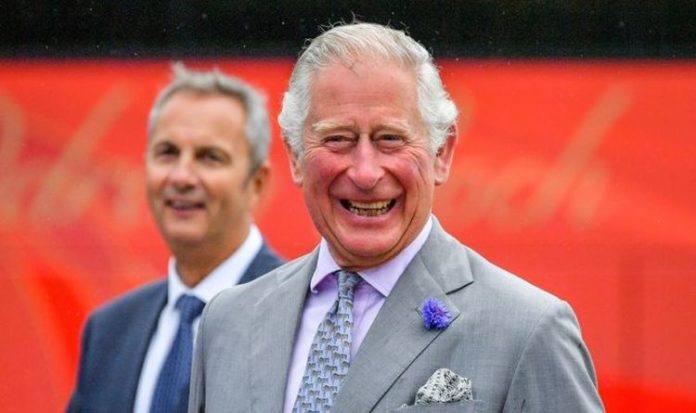The Prince of Wales will not renew the lease on the 900-acre Home Farm, at Highgrove in Gloucestershire next year. Instead, he will turn Sandringham into the country’s largest organic sheep farm.
The Duchy Originals food products can be found in Waitress and Ocado.
Since turning the farm organic in 1985, Prince Charles received criticism over his use of “biodynamic” methods.
Some of the methods used on the farm included planting in lunar cycles and the use of homeopathic remedies.
The Duchy of Cornwall’s webpage refers to the farm as “a flagship for the benefits of an organic, sustainable form of agriculture”.
A statement on the website reads: “The Duke believes passionately in the advantages of organic farming.
“In 1985, when it was still a relatively new concept, His Royal Highness decided to convert the Duchy Home Farm into a completely organic farming system.
“Twenty-eight years later, Home Farm is not only a successful and viable working farm, but a flagship for the benefits of an organic, sustainable form of agriculture.
“In addition to working closely with organisations, such as The Soil Association, The Sustainable Food Trust, Garden Organic and The Organic Research Centre, Home Farm supports education and research by hosting workshops that promote the links between food, farming, health and the environment.”
READ MORE: 500K Covid deaths was ABSURD we are being DUPED says RICHARD MADELEY
Speaking to National Geographic about farming methods on Home Farm, Charles said: “In farming, as in gardening, I happen to believe that if you treat the land with love and respect then it will repay you in kind.”
As patron of the Rare Breeds Survival Trust, he has worked toward the preservation of the genetic make-up of British farm animals.
About his role in the preservation efforts, the Duchy of Cornwall’s website reads: “As Patron of the Rare Breeds Survival Trust, The Duke is keen for Home Farm to play an active role in helping to preserve the gene pool of British pigs, sheep and cattle.
“Over the years, these breeds have increasingly been replaced by foreign breeds and breeding programmes more suited to intensive farming methods.







